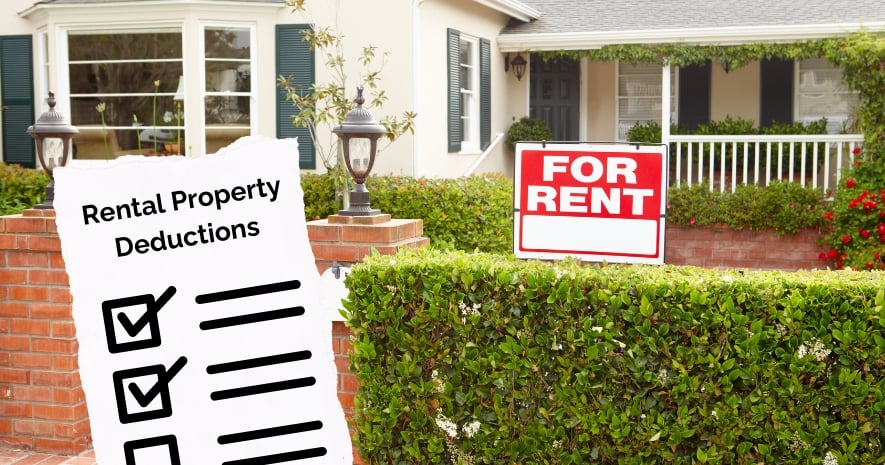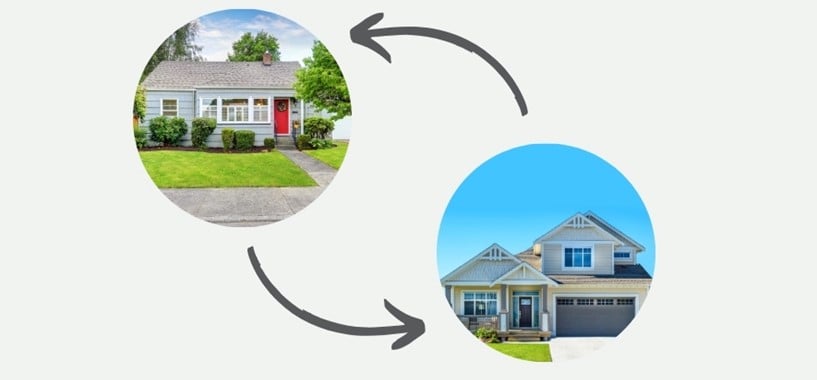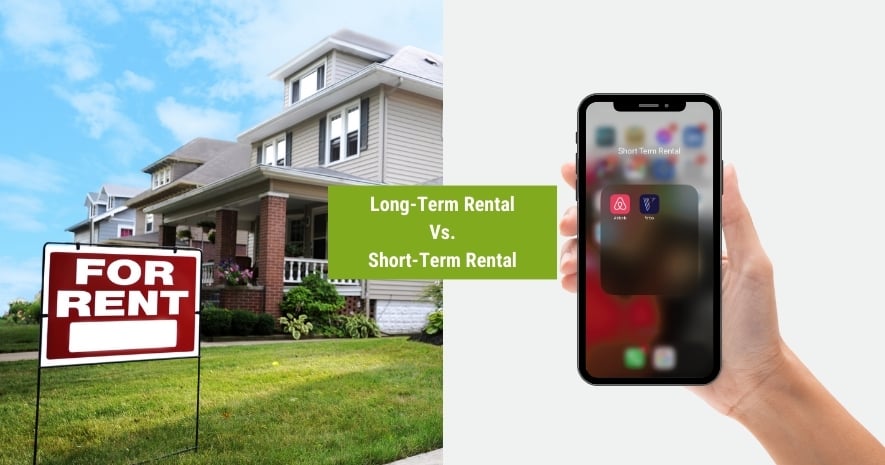Written by Randall Weaver, CPA & Anthony Calamia
Maximize Your Savings
Owning and managing a rental property can be rewarding, but it also comes with financial responsibilities. One of the key benefits for landlords is the ability to deduct various expenses associated with the property. To help you navigate the complex landscape of rental property deductions, we've compiled a checklist and FAQs to ensure you're not missing out on potential tax savings.
Rental Property Deduction Checklist
- Mortgage Interest: Deduct the interest paid on your mortgage, a significant tax advantage for property owners.
- Property Taxes: Real estate taxes imposed on your rental property.
- Utilities: If you cover utilities for your tenants, these costs are deductible.
- Insurance Premiums: Premiums for property and liability insurance can be deducted, providing protection and tax benefits.
- Repairs and Maintenance: Expenses related to the regular upkeep of your property, such as painting or fixing a leaky faucet.
- Property Management Fees: If you enlist the services of a property management company, the associated fees are deductible. The property manager’s typical services include rent collection, maintenance coordination, and tenant screening.
- Advertising Costs: The money spent on advertising your rental property, whether through online listings, print media, or signage.
- Cost of Appliances: The cost of appliances for your rental property can be deducted. If the appliances are significant enough, they will be depreciated over time rather than being expensed all in the first year incurred.
- Remodeling Expenses (Depreciated): Remodeling expenses are typically capitalized and depreciated over several years.
- Hired Labor for Repairs and Maintenance: If you hire professionals for repairs or maintenance, their labor costs, and any parts they used are deductible. This includes plumbers, electricians, and other service providers.
Tips for Maximizing Deductions
- Document Everything: Keep detailed records of all expenses, including receipts, invoices, and bank statements. This documentation is important in the event of an audit.
- If you have a mortgage on your property, you should expect to receive a 1098 from your mortgage lender. This document will tell you the amount of mortgage interest as well as real estate taxes and insurance in some cases.
- Stay Informed and Seek Professional Advice: Stay informed on any tax laws and changes that may occur. To ensure you don’t miss on any changes, consult with a tax professional to stay up to date with the latest rules and to get advice on your unique situation.
FAQs
Can you write off appliances for rental property?
Yes, you can deduct the cost of appliances for your rental property. However, for larger items typically over $2,500, you will depreciate the cost over the IRS approved life of the appliance.
Can you deduct your own labor on rental property?
Unfortunately, the value of your own labor is not deductible. However, you can deduct the cost of hired labor for repairs and maintenance.
What qualifies as a deductible business expense?
To qualify as a deductible business expense, the cost must be ordinary and necessary for managing and maintaining your rental property. It should also be directly related to your rental activity and incurred in the current tax year.
Can I deduct any costs associated with traveling to and from a property?
If you travel to manage your rental property or meet with tenants or contractors, you may be able to deduct certain travel expenses. This includes transportation, lodging, and meals, but keep in mind that the expenses must be directly related to your rental activities. That is why keeping a detailed travel log of all of your miles to and from your rental properties is best practice and provide the log (spreadsheet) to your tax preparer.
Conclusion
By utilizing this rental property deduction checklist, you can take advantage of the available tax benefits and maximize your savings. Regularly review your expenses, stay informed about tax regulations, and consider seeking professional advice to ensure you are making the most of the deductions available to you as a property owner. Consult with a tax professional at Trout CPA who can offer personalized advice tailored to your specific circumstances.
About the Authors
Randall Weaver, CPA
Randall joined Trout CPA in 2011. He graduated from Millersville University with a Bachelor of Science degree in Business Administration (magna cum laude) in 2006. Randall has 18 years of accounting experience. He currently serves on the firm's Construction and Real Estate, Manufacturing, and Estate & Trust Practice Groups. As a Partner, Randall manages all aspects of tax planning and preparation and business consulting for some of the firm's significant clients. Randall enjoys activities with his family, being involved with his church, and rooting for Philadelphia sports teams. He lives in Lancaster County with his wife and two children.
Anthony Calamia
Anthony joined Trout CPA in August 2022 after two summer internships. He graduated magna cum laude from Millersville University with a Bachelor of Science degree in Accounting and Finance in the Fall of 2021 while playing soccer all four years. As an Associate, Anthony assists with audit and attest services, including financial statement preparation. He also assists with corporate and individual tax preparation. In his free time, Anthony enjoys watching sports, going to the gym, playing video games, and spending time with his family and friends.





